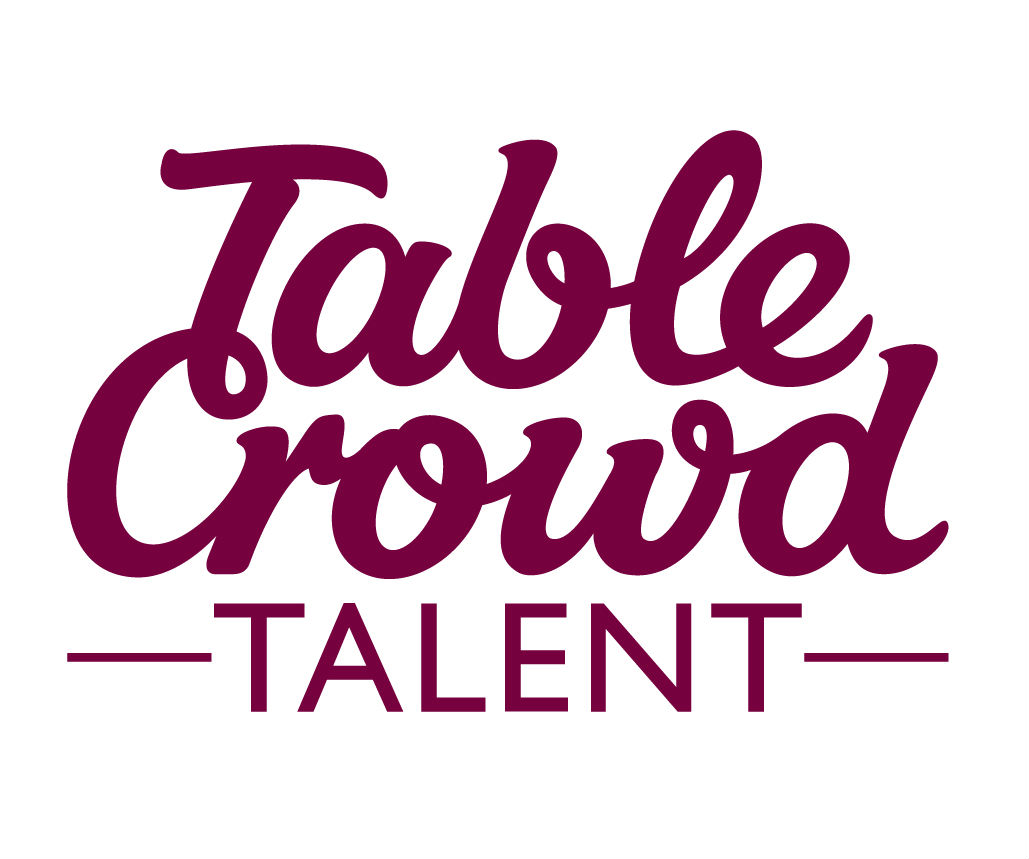Correspondence is key
This might be the first time that some or all of the shortlisted candidates have had to be interviewed remotely. Make sure that any pre-interview correspondence is given in detail, taking the time to explain the step-by-step process and setup needed for a candidate to be ready for the video interview. This might include anything from downloading specific video software, explaining some of the technical issues that they are likely to face and making sure the zoom / video meeting password details have been given, through to, explaining the type of interview that they will face and also who their interviewers will be and what roles they have within the team. Also, do consider the tone of this pre-interview correspondence and if it fits in with how you and the business usually communicate.
Finally, in terms of remote interview format, we would recommend undertaking video interviews as opposed to phone calls. Phone calls generally create more nerves for the candidates and without that face-to-face screen interaction you’ll find it even harder to get to know the person and build that all-important rapport.
This is also your opportunity to impress
Whether a high-growth tech startup or a small consultancy business, job interviews can be a great opportunity for both the candidate AND the business to impress. The added advantage of the interviews being held remotely is that you can be more creative and take the time to show the shortlisted candidates more about your team, your office and your business.
How? When it is appropriate to do so, film little clips of the journey from the tube station to the office front door. Film in the office - where the person will sit, where the kitchen is, the meeting room and so on. Get some members of the team to film little explainers about the company, what they do and how they work. Send these edited short clips through to the short-listed candidates prior to the interview, so they have the opportunity to get a flavour and better understanding of the business and the working culture of the team.
Act the part
As we mentioned in our article offering remote interview tips for candidates there are some key things that both the interviewer and interviewee can do to best prepare for a remote interview. Firstly, make sure that you find a good WiFi spot for video reception to be at its best. Make sure you wear headphones to cut out awkward background noise or reverb. And, make sure your remote home/office space looks as professional as possible. Finally, dress as you would if the interview was taking place in your office - consider what impression that will give out too.
First impressions are harder
Apart from what you’re wearing, it’s much harder for both the candidate and the client to make that all-important first impression. The video makes it much harder to read body language and make eye contact. There’s zero chance of a handshake (obviously) and apart from sending the candidate the clips we mentioned above, less chance to showcase the vibe and ambience of the office and team. This can mean that it is more nerve-wracking for both you and the interviewees. Take this into account and be kind to yourself and those on interview. If you feel uncomfortable in this interview format, practice a few times so that you get used to it.
Also, don’t think that just because the interview process is being done remotely that you need to prepare less. In fact, as there may be more awkwardness, any lack of preparation - such as not knowing the interview questions you are going to ask, or the format of the interview, or not having the candidate’s CV with you, will be much more evident over a video call.
Remote interview - remote job?
If the remote interview is for a remote job, try to offer each candidate some reassurance. Explain how they will be onboarded if offered the role, explain how you manage the team currently and explain the deliverables that they will be asked to work on. Also, consider having a ‘buddy’ for the person to refer to if they need daily advice and support - it’s a good potential way of managing to understand and creating team spirit.
Review the process
Three key considerations here. Firstly, a digital interview process does not mean that you can afford to streamline how you interview and also the number of stages involved in recruiting.
Secondly, just because your interview process works in person, in your fab new office in Shoreditch, don’t just expect it to work so well remotely. Those role plays or scenario-based questions, might not necessarily work online and could in fact be rather awkward. Just saying!
And finally, we recommend against remote interviews being arranged with little to no notice. You need to show respect to the short-listed candidates and to give them the appropriate time to prepare.
~~
TableCrowd Talent is a London-based specialist recruitment agency with our finger on the pulse of the startup and scaleup scene! If you are looking to recruit, tell us more!


